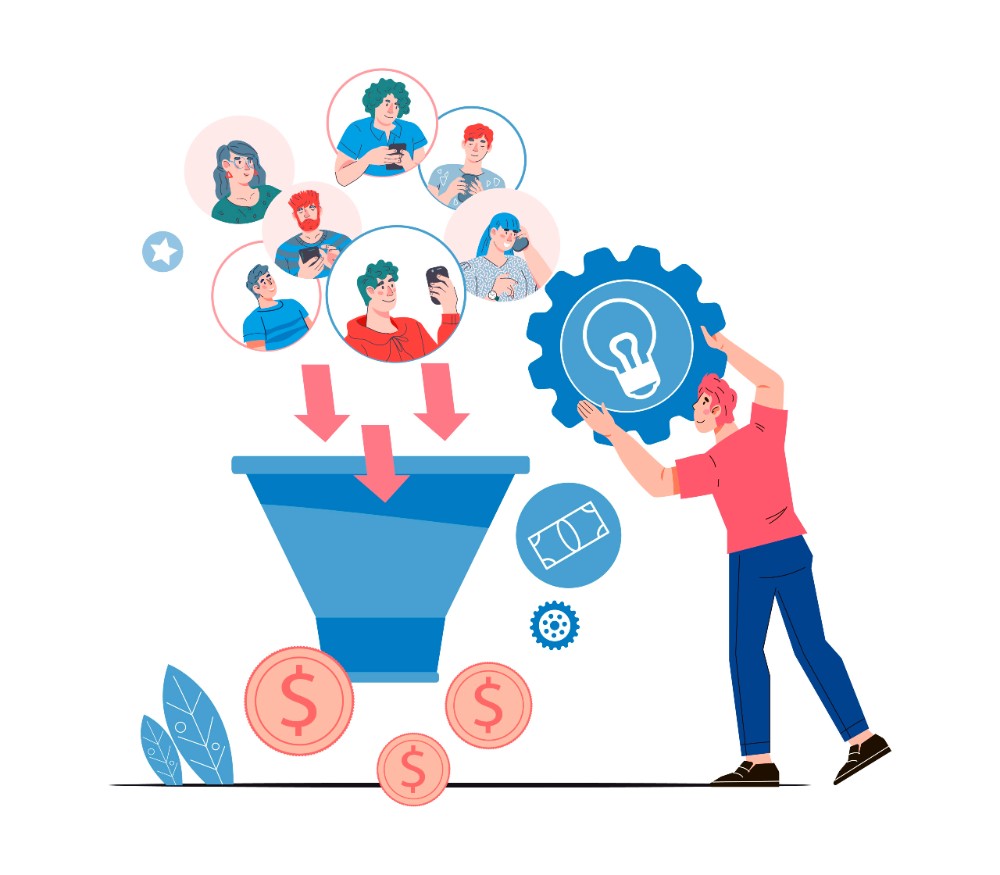How can we build careers that truly transform entire communities? This question is increasingly relevant for companies, young professionals, and policymakers. Today, people are not just looking for jobs they want work that has purpose, improves the lives of those around them, and creates opportunities for others. In many countries, especially across Africa, Asia, and Latin America, this is a pressing issue. Youth make up over 60% of the working population, yet too few have access to quality training and sustainable employment.
Building careers that transform communities combines three essential elements: skills development, access to meaningful employment, and local social impact. Companies adopting this approach not only see sustainable growth but also become engines of development in the regions where they operate. This article provides clear, actionable guidance on how to create careers that change lives and why it has become a strategic advantage.
Why building careers can transform a community
How can a job change an entire community?
A stable job doesn’t just transform an individual it impacts their family, neighbors, and wider community. When someone gains access to a sustainable career, they increase their income, support their family, invest in children’s education, and stimulate the local economy. According to the World Bank, each formal job can generate 1.5 to 2 additional indirect jobs in the community, through commerce, services, and related activities.
Qualified careers have an even stronger effect: they encourage innovation, foster entrepreneurship, and enhance social mobility. One trained employee can serve as a role model, pass on skills, and inspire the next generation creating a true ripple effect.
In short: creating a career is transforming a household, a neighborhood, and sometimes an entire village.
How companies can create careers with impact
What practical strategies can companies implement?
Companies can build transformative careers by focusing on skills training, career progression, and access to qualified roles. Key strategies include:
- Train before hiring: pre-qualification programs, bootcamps, internal training centers.
- Offer clear career paths: technician → supervisor → manager → expert.
- Invest in local talent: focus on underserved or rural communities.
For example, the African Development Bank reports that technical training programs (TVET) improve the likelihood of formal employment by 40–60%. Companies that combine training, mentoring, and hands-on experience multiply their social impact.
Building a career is not just about hiring it’s about providing a pathway, skills, and long-term vision.
Which sectors create the most transformative careers?
Which industries offer massive, sustainable opportunities?
Certain sectors are particularly suited to building careers that improve lives and communities.
1. Renewable energy
- High demand for solar technicians, installers, and engineers.
- IRENA estimates Africa could create nearly 4 million green jobs by 2030.
- Rural solar projects improve education, healthcare, and local entrepreneurship.
2. Digital and IT services
- Web development, customer support, AI, data analysis.
- Digital skill demand in Africa and Asia is growing 30% annually.
- Short courses (3–9 months) can prepare individuals for meaningful digital jobs.
3. Modernized agriculture (AgriTech)
- Agriculture employs 60% of Africa’s population but is under-mechanized.
- AgriTech creates higher-paying roles in processing, logistics, and agricultural data.
- Each formal agricultural job can lift 2–3 people out of poverty.
4. Healthcare and community services
- Increasing need for nurses, community health workers, and care aides.
- Each trained healthcare professional strengthens community resilience directly.
How to develop skills that create real impact
Which skills truly transform communities?
The most transformative skills meet local economic needs while allowing career growth. Key categories include:
- Technical skills: energy, IT, maintenance, healthcare.
- Digital skills: office software, data analysis, cloud tools.
- Soft skills: communication, leadership, project management.
McKinsey reports that 44% of African companies cite lack of technical skills as their main growth barrier. Training youth and women in these areas literally changes their future.
Soft skills are often overlooked but are critical for moving into supervisory and managerial roles, which maximize social mobility.
How careers strengthen autonomy and inclusion
Why is inclusion essential for community transformation?
Inclusion is not just a buzzword it’s an economic driver. When women, youth, and rural populations access qualified careers, social impact is immediate and measurable:
- Women reinvest 90% of their income into their families.
- Trained youth become role models in their communities.
- Rural areas gain autonomy through local employment.
For instance, a program training women as solar technicians in Kenya increased local income by 25% in two years, while reducing reliance on polluting fuels.
Inclusion empowers communities to shape their own future.
How to measure a career’s impact on a community
Which indicators show real transformation?
Companies can track measurable indicators to assess whether a career truly transforms a community:
- Income growth (before vs. after training).
- Indirect jobs created within families or neighborhoods.
- Employment retention after 12–24 months.
- Professional advancement: certifications, promotions, salary increases.
- Local contribution: volunteering, mentorship, community participation.
Measuring these indicators often reveals additional benefits: higher school attendance, better health outcomes, reduced rural migration, and new local businesses.
Building careers that transform communities is one of the most powerful levers to reduce inequality, increase youth employability, and stimulate local economic growth. By investing in training, technical skills, and inclusion especially for women and rural populations companies become catalysts of long-term development.
This model is not just virtuous; it’s strategic. Skilled, engaged employees connected to their communities generate more value, innovation, and impact. Today, every company can invest in talent and contribute to meaningful change.
The question is no longer “Why act?” but “When do we start?”
FAQ – How Careers Can Transform Communities
They generate income, strengthen education, boost the local economy, and create indirect employment. A stable job can improve life for entire families.
Renewable energy, digital services, modern agriculture, and healthcare are top sectors for sustainable, skilled employment.
Through technical training, apprenticeships, mentorship, and clear internal career paths.
Training increases employability, builds in-demand skills, and enables social mobility.
Women reinvest most of their income in families, improving education and health outcomes.
Indicators include income growth, career progression, employment stability, and community contributions.
Yes remote digital work provides stable income and reduces rural migration.
By partnering with schools, NGOs, and local institutions, and training talent to drive sustainable community growth.

👉 Contact us to discuss your project and avoid the pitfalls of international outsourcing, or explore our tech platform at: www.breedj.com




